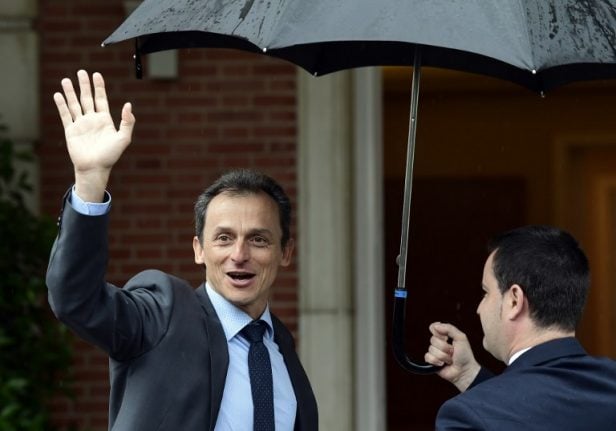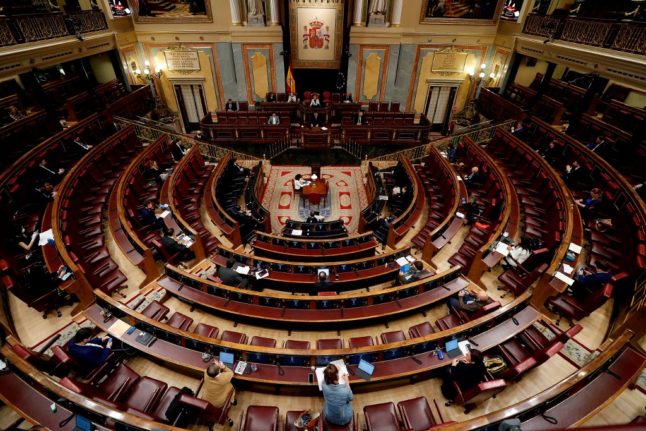Pedro Duque called a press briefing to deny any irregularities after online newspaper Okdiario.com alleged the popular former astronaut had avoided paying some taxes by creating a company for his two homes.
Duque said he had been advised to set up the firm when he bought a house in the coastal eastern town of Javea, before the housing bubble burst in 2008.
Since he and his wife travelled extensively, having a company manage that property and also their home in Madrid was seen as more convenient, he said.
“I'm not worried, the only thing that the company invoiced was when we were both away from Spain for several years and we rented the house to someone,” he told reporters.
Duque is the latest minister of Prime Minister Pedro Sanchez's cabinet to face accusations of wrongdoing.
READ MORE: Rocket man: Spain's first astronaut appointed science minister
Culture and sports minister Maxim Huerta stepped down in June after it emerged he had been fined for tax offences in the early days of the Socialist administration.
And health minister Carmen Monton quit earlier this month after reports of alleged irregularities in her educational qualifications.
On Wednesday, Justice Minister Dolores Delgado defied calls to resign over leaked recordings of her conversations with a former police chief under probe for corruption, and received support from Sanchez.
READ MORE: Face of the week: Justice Minister Dolores Delgado
The Socialists toppled the previous conservative administration in a no-confidence vote prompted partly by corruption allegations.
Duque insisted he had never funnelled personal revenues through the company.
“I don't think there have been any real savings on taxes at all through having the company,” he added.
Duque said he had spoken to Sanchez, who is currently in New York for the United Nations General Assembly, who had given him “all his support”.



 Please whitelist us to continue reading.
Please whitelist us to continue reading.